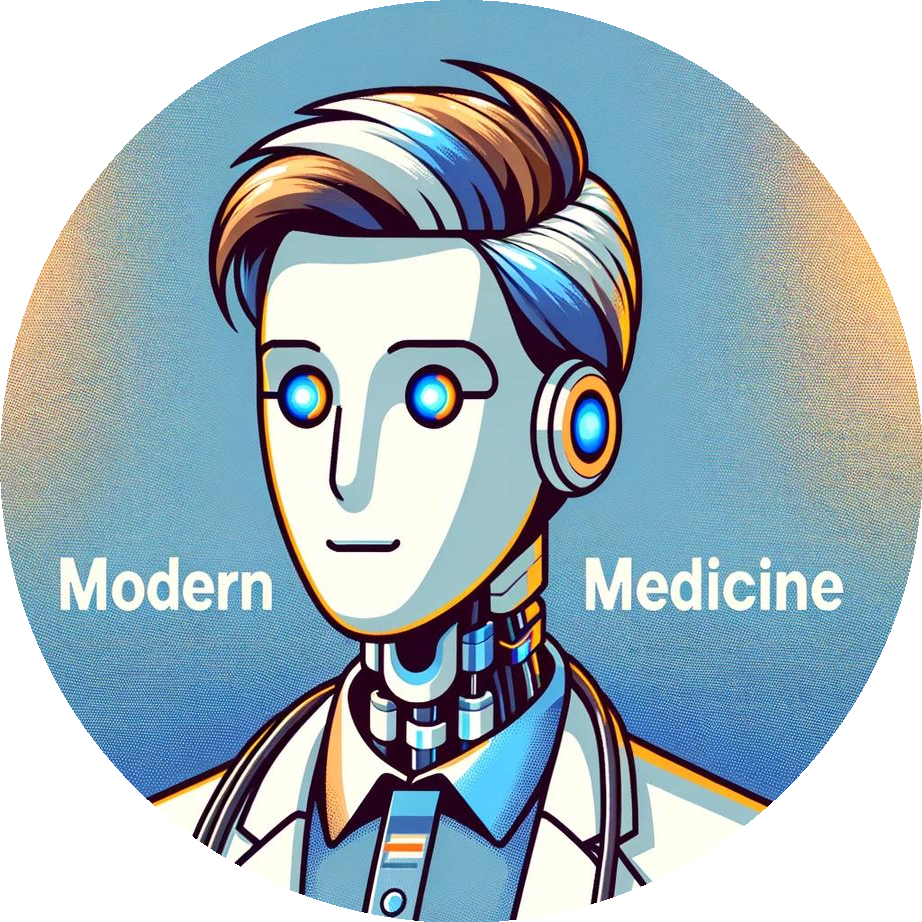Yesterday, Lex Friedman released a podcast he did with Sam Altman –CEO of Open AI.
The whole conversation lasted almost 2 hours, but in this post, I am going to keep it concise and talk about what I found to be the major takeaways from the conversation.
I’m going to assume that you know who Sam Altman is because he’s been on the news everywhere, largely attributed to his work leading projects like ChatGPT and DALLE.
Lex Friedman is also becoming a bigger name, but he’s a AI/ML researcher who teaches at MIT. He is not as famous for his research, but more for his podcast in which he interviews big names in tech (e.g., Elon Musk, Andrew Ng, Ilya Sutskever). What he does a great job of is making discussions about AI/ML accessible to a wide audience by steering his interlocutors to speak in plain English when discussing technical topics in AI/ML.
Now that I’ve given some background, I will go through some of my major take aways.
Sora and the future of Film/Video Creation
Sora is a new text-to-video model that Open AI is preparing to release. They gave a sneak peak of it’s capabilities that you can see here. The implications of this technology are huge. It means people will be able to create high quality, ai-generated videos based on a prompt. The upside is that a single individual can create a high quality video or even movie without any of the overhead that goes into production costs and casting. Access to the model will also provide one person with arguably more control over small details and experience of the film through simple tweaking of the prompts.
There have already been many attempts at creating this kind of technology before, but most have failed miserably –there is a disturbing meme of an AI-generated Will Smith floating around the internet that is a testament to that lol. Anyway, the examples of Sora that Open AI released to the public look like they were filmed in real life –I’d venture to say it’s already comparable to industry level productions.
In the podcast, Sam talks about how they still have a long way to go and that their team is still fixing silly mistakes that they run into like a cat suddenly growing an extra limb. Lex presses Sam on how this technology will impact copyright laws and artistic people whose occupations will be at stake. Sam kind of backs up and described how this is really nothing new, technological innovations have occurred throughout history and people have learned to adapt. However, he mentions that the incentive structures need to change so that artists are properly compensated for their work –either thorugh reputation or financially.
GPT 5 and advances to LLMs
The two talk at length about GPT 5 and how Sam thinks it will be a big step up from GPT 4. Sam’s perspective is that GPT 4 is not that great and that there is still a lot of room for improvement which will be seen in subsequent models –sounds like they are going to release some more models like GPT 4.5 before arriving at GPT 5.
They talk more broadly about the question of open-sourcing the LLMs and pretty much arrive at the conclusion that the conversation is really nuanced. In some ways they are trying to be transparent about their progress by allowing a free version of GPT 3.5 and also releasing multiple iterative models when they could have just kept all the models a secret. On the other hand, they are not open-sourcing any of their code or how they went about training the LLMs, unlike several fully open source LLM efforts created by Google and others.
When asked about how Altman currently uses GPT 4, he says he uses it help him brainstorm certain ideas. Lex says he finds it helpful for research, likening it to an upgraded wikipedia.
Sam also talks about ongoing efforts to increase the memory of the models. The ultimate goal is for GPTs to be able to have a long history and context on each individual so that they can respond just like us. The point is that they would be like a little assistant and enhance our own presence so that people can go thorugh our AI before reaching us, thereby saving us time to do other stuff that interests us.
Sam Altman’s Hope for LLMs –Scientific Breakthroughs
Sam talks about how his biggest hope for GPT is for it to be the driver of major scientific breakthroughs in the future. That is one of his main hopes for the technology. Lex gets hung up on reaching AGI and when that threshold will be surpassed, but Sam is much more practical about the whole thing. He doesn’t think there will be big moment when AGI will be achieved and doesn’t really seem to care. He just wants it to be useful and add value to people’s lives, based on my observation.
Beef with Elon Musk
There were recent headlines about Musk suing Open AI on for lack of transparency and a breach of ethical code when it comes to using AI. The two talk about this and Sam pretty much defends Open AI and says he’s disappointed in the way Elon has been acting.
Most Valuable Resource –compute
Sam emphasizes how he believes the most valuable asset in the coming years will be compute –he is referring to computational resources. This includes the hardware and energy requirements that currently limit the training and deployment of AI models. This is another reason why AI chip companies like NVIDIA are doing so well because they provide much of the hardware for tech companies running large AI models. It’s also motivating many of the large tech companies like Apple, Amazon, and Meta to start creating their own in-house chips.
The conversation overall was great to listen to and I love that it’s free. It’s a bit long and meandering, so if you just want a quick summary of what’s important, you could probably just read this article. Again, it’s just my take on it though.
Here is the link to the podcast on Spotify! And the link for Youtube!



One response to “Takeaways from Sam Altman & Lex Fridman Conversation”
This is so interesting and fascinating. Thank you for the summary!